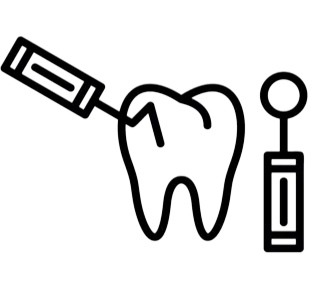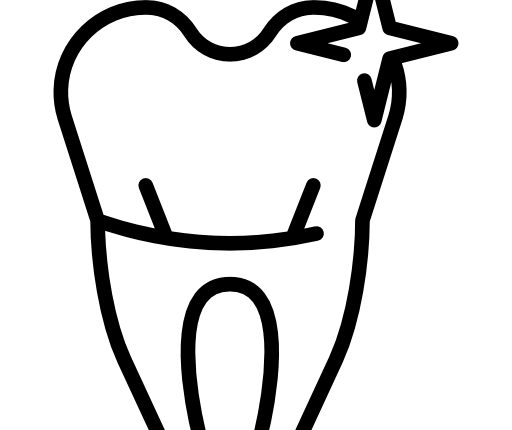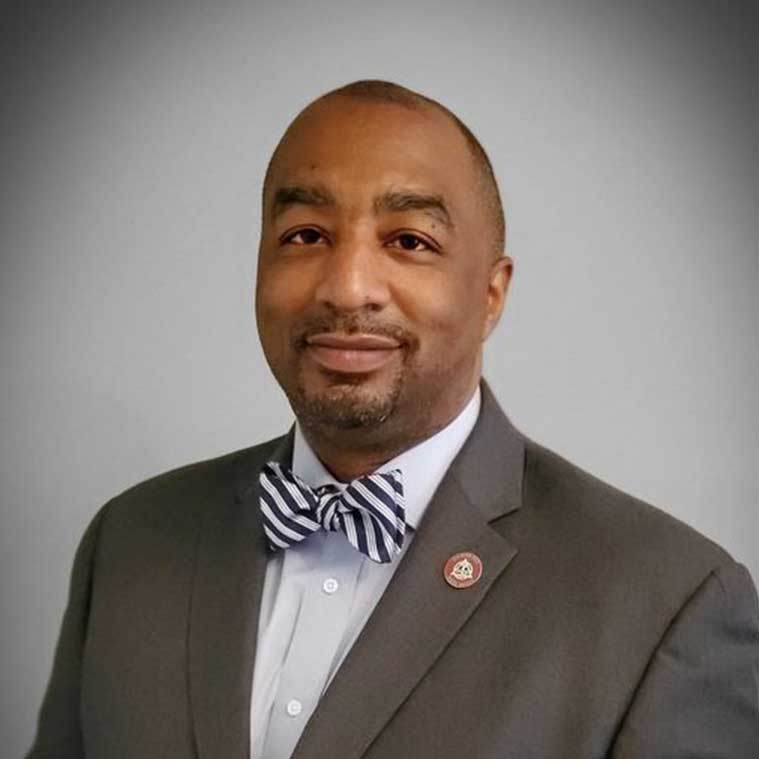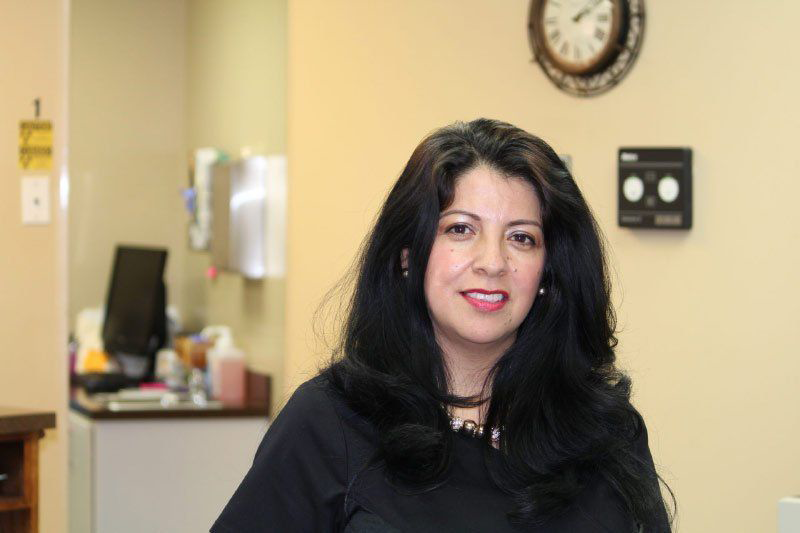Dental implants in Winston-Salem NC have revolutionized the world of restorative dentistry, offering a reliable solution for those seeking to replace missing teeth. Imagine regaining your confidence with a smile that feels just as natural as it looks! However, the journey to achieving that perfect smile often involves more than simply placing an implant. For many individuals, bone grafting becomes a crucial step in ensuring successful implantation.
So what exactly is bone grafting? And why is it important for dental implants? This blog post will explore how this innovative procedure plays an essential role in enhancing both the stability and longevity of dental implants. If you're in Winston-Salem, NC, looking into
restorative dentistry options, understanding these concepts could be pivotal for your oral health journey. Let's dive right into this fascinating topic!
The Importance of Bone Grafting in Dental Implants in Winston-Salem NC
Bone grafting is a crucial step in the dental implant process. When there isn't enough healthy bone to support an implant, grafting becomes necessary. This procedure ensures that the foundation for your new teeth is stable and secure.
The primary goal of bone grafting is to regenerate lost bone tissue. Missing teeth often lead to bone loss over time, which can compromise future restorations. By adding new material, dentists can stimulate natural bone growth.
Moreover, successful integration of the graft enhances overall aesthetics and functionality. Patients experience better chewing ability and improved appearance after healing.
With advancements in techniques and materials, these procedures have become more predictable and efficient. Investing in this part of restorative dentistry sets you up for long-term success with implants in Winston-Salem, NC.
Types of Bone Grafting Procedures
Bone grafting procedures vary based on the specific needs of each patient.
- One common method is autografting, where bone is taken from another area of the patient's body. This technique often promotes faster healing since it uses the patient’s own biological material.
- Allografts are another option, utilizing donor bone from a tissue bank. This approach eliminates the need for additional surgical sites and can be beneficial for larger grafts.
- Xenografts involve using bone material from other species, typically bovine sources. These grafts serve as scaffolds that encourage new bone growth over time.
- Synthetic grafts made from biocompatible materials offer an alternative to natural options. They mimic natural bone properties and support regeneration without harvesting any living tissue.
Each type has its own advantages depending on individual circumstances and dental health goals in restorative dentistry in Winston-Salem, NC.
Factors Affecting the Success of Bone Grafting for Dental Implants
The success of bone grafting for dental implants hinges on several crucial factors.
- One significant element is the patient’s overall health. Conditions like diabetes or autoimmune disorders can impede healing.
- Another important aspect is the quality and quantity of existing bone. Insufficient bone may require more extensive grafting, which can complicate procedures.
- Surgeon expertise also plays a vital role. A skilled practitioner understands how to tailor techniques to each patient's unique anatomy, enhancing outcomes.
- Additionally, post-operative care significantly impacts recovery. Following aftercare instructions helps minimize complications and promotes better integration of the graft with surrounding tissues.
- Smoking can adversely affect healing time and implant stability. Patients should consider quitting or reducing tobacco use prior to surgery for optimal results in restorative dentistry efforts in Winston-Salem, NC. Contact us now.
Recovery and Post-Operative Care for Bone Grafting
After a bone grafting procedure, proper recovery is essential for successful integration with dental implants. Patients should follow their dentist's instructions closely to ensure optimal healing.
Resting is crucial in the first few days. Avoid strenuous activities that could strain your body or disrupt the surgical site. Keep your head elevated while sleeping to minimize swelling.
A soft-food diet can help ease discomfort during initial recovery stages. Foods like yogurt, smoothies, and mashed potatoes are gentle on healing tissues. Staying hydrated is equally important—drink plenty of water throughout the day.
Monitoring for any signs of complications is vital as well. Redness, severe pain, or unusual discharge from the graft site should prompt you to contact your dentist immediately.
Regular follow-up appointments will be scheduled to assess healing progress and prepare for subsequent steps in restorative dentistry in Winston-Salem, NC. Adhering to this care plan helps pave the way for a smooth transition to dental implants.
Conclusion and Final Thoughts
Dental implants offer a reliable solution for restoring missing teeth, significantly enhancing both function and aesthetics. However, the success of these implants often hinges on the health of the underlying bone structure. Bone grafting emerges as a critical step in this process, ensuring that patients have enough quality bone to support their new teeth.
There are various types of bone grafting procedures tailored to individual needs. Each type carries its own benefits and considerations, emphasizing the importance of personalized treatment plans. Factors such as overall health, smoking status, and oral hygiene play pivotal roles in determining how well an individual will respond to grafting.
Post-operative care is just as crucial; following your dentist's guidelines can facilitate healing and promote successful integration with dental implants. Being proactive about recovery can make all the difference in achieving long-lasting results.
For those seeking
restorative dentistry options in Winston-Salem, NC, understanding these elements empowers you to make informed decisions about your dental journey. With proper preparation and care, you can look forward to enjoying not just improved functionality but also renewed confidence through your smile transformation.
To find out more about the dental services we offer at Eric J. Sadler, DDS & Associates, Winston-Salem, NC, call (336) 744-1300 or schedule an online consultation. You can also visit Dentist in Winston-Salem NC at 3801 Indiana Avenue, Winston-Salem, NC 27105.









